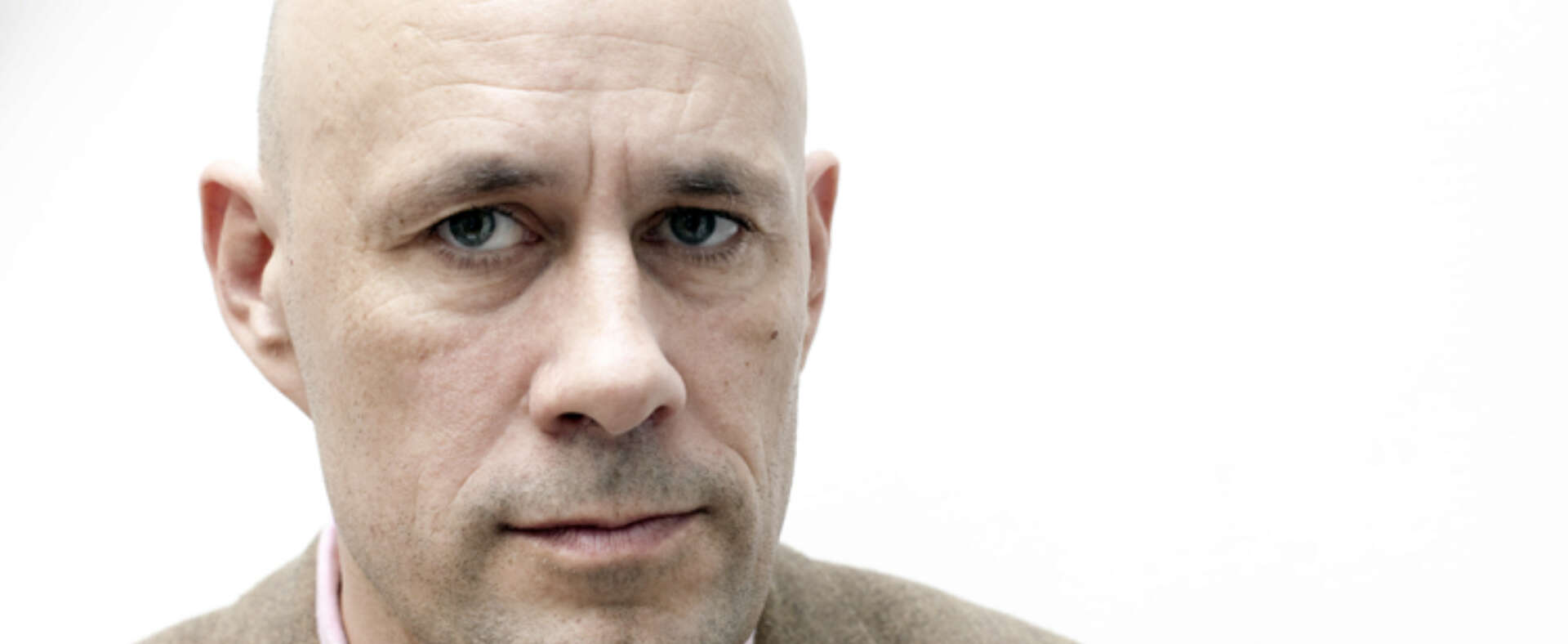WRITTEN BY: Annika Pham
We spoke to the Icelandic director of Woman at War, screening in competition at Cannes’ Critics’ Week.

We spoke to the Icelandic director of Woman at War, screening in competition at Cannes’ Critics’ Week.
The established theatre director and actor Benedikt Erlingsson won more than 20 international awards with his directorial debut Of Horses and Men, such as the New Directors Prize in San Sebastian and the Nordic Council Film Prize. In his second feature, the director has teamed up again with Of Horses and Men’s Halldóra Geirharõsdóttir who plays a woman at war with the local aluminium industry. She is prepared to risk everything to protect the pristine Icelandic Highlands she loves, until an orphan unexpectedly enters her life. The film is produced by Marianne Slot, Carine Leblanc (Slot Machine France) and Benedikt Erlingsson (Gulldregurinn, Iceland). Beta Cinema handles world sales.
First of all, how do you feel about attending Cannes's Critics Week?
BE: I feel privileged as I understand it’s a very unique sidebar with only seven films competing. I already love all the critics!
Where did you get the idea for Woman at War?
Benedikt Erlingsson: My ideas come from many different places. But I’ve always had a keen interest in environmental issues and have been personally involved in protests against climate change. One thing that inspired me was in 2006 or 2007, before the financial crack in Iceland. NATO forces were doing military exercises in Iceland and asked the government: what potential threat or enemy would be suited for them to fight against. The government suggested an environmentalist group campaigning against a dam. It was shocking. But then, in other countries as well environmentalists are viewed as enemies of the State. In Honduras for instance the campaigner Berta Cáceres was killed in 2016 by military intelligence.
Of Horses and Men was a little gem that took many people by surprise. Here again you innovate and break all genre codes with an environmental musical thriller in which a woman in her 50s is waging a war. That’s pretty ingenious…
BE: First of all, unlike Of Horses and Men that I wrote alone, I collaborated with Ólafur Egill Egilsson on Woman at War; I wanted to tell this complicated story in an interesting and funny way. As an audience, I like playfulness and to be surprised, otherwise I can easily be bored, especially if I feel a story has been told before or in a similar way. Therefore, as a storyteller, I want to tease the audience and innovate. It comes naturally to me.
If you take Pasolini, Chaplin, Fellini. These were great storytellers, always willing to break cinematic conventions.
Halla the main character is also fighting a personal battle to adopt a child. Why did you add this storyline?
BE: For me saving the planet, is making your life matter and adoption is also doing something good, bigger than you, a kind of self-sacrifice. Having children is a turning point in anybody’s life. But if you don’t save the world, why bring children into this world? It’s related. And the counterpoint of saving the world is saving one child.
What were the biggest challenges during filming?
BE: The music was perhaps the most challenging. I wanted the film to have a lot of music, musicians to be visible when they performed, and music to represent the inner forces of our hero, interacting physically with her. Therefore, the music had to be composed and recorded before shooting started; we storyboarded the scenes where we wanted the music to come in, like a rhythmic change, and shot the demos. It was quite complex on a technical standpoint.
How did you hook up with Marianne Slot, long time French co-producer of Lars of Trier’s films?
BE: I first met Marianne when I worked on Lars’ film The Boss of it All as an actor in 2005. We met again in Göteborg a few years ago, and as I wanted a strong producer to work with me, I pitched her the idea for the film and she spread her wings after that. It was essential to work with her and her partner in Slot Machine, Carine Leblanc. Co-productions is the only way to make a film in Iceland. It involves a mosaic of financiers who have to believe in you, people from different cultures and traditions. It’s a great topic in itself for a film!
The film title and its topic couldn't be timelier, with the #MeToo movement. Is the battle against sexual harassment a topic that resonates with you?
BE: The #MeToo movement and subject of gender equality are very important in Iceland and Halldóra Geirhardsdottir who has the title role in the film, has been very visible and vocal on the subject in the media. Like all revolutions, there is sometimes blood that is spilt. We’re a very small society and it can be even bloodier. But we have to discuss this important societal issue.
At a personal level, the topic of gender equality is also very important to me because my mother was a very established director at our National Theatre for 30 years but she earned half the salary of her male colleague. She had to cope with it to focus on the bigger picture, although it cost her a lot.
What’s next for you?
BE: My conscious and sub-conscious are working on something already. My next film has to come from my spine, it has to have a meaning.
After theatre and film, are you tempted by TV drama?
BE: Long form storytelling relates to literature, chapter reading. Film in a way is getting a bit too short for what we want to do and screenwriters are much better at writing visually, as they are flirting with the screen. We’re also making films for the cinema but many are seen on a TV screen. It’s all changing and we have to adapt.